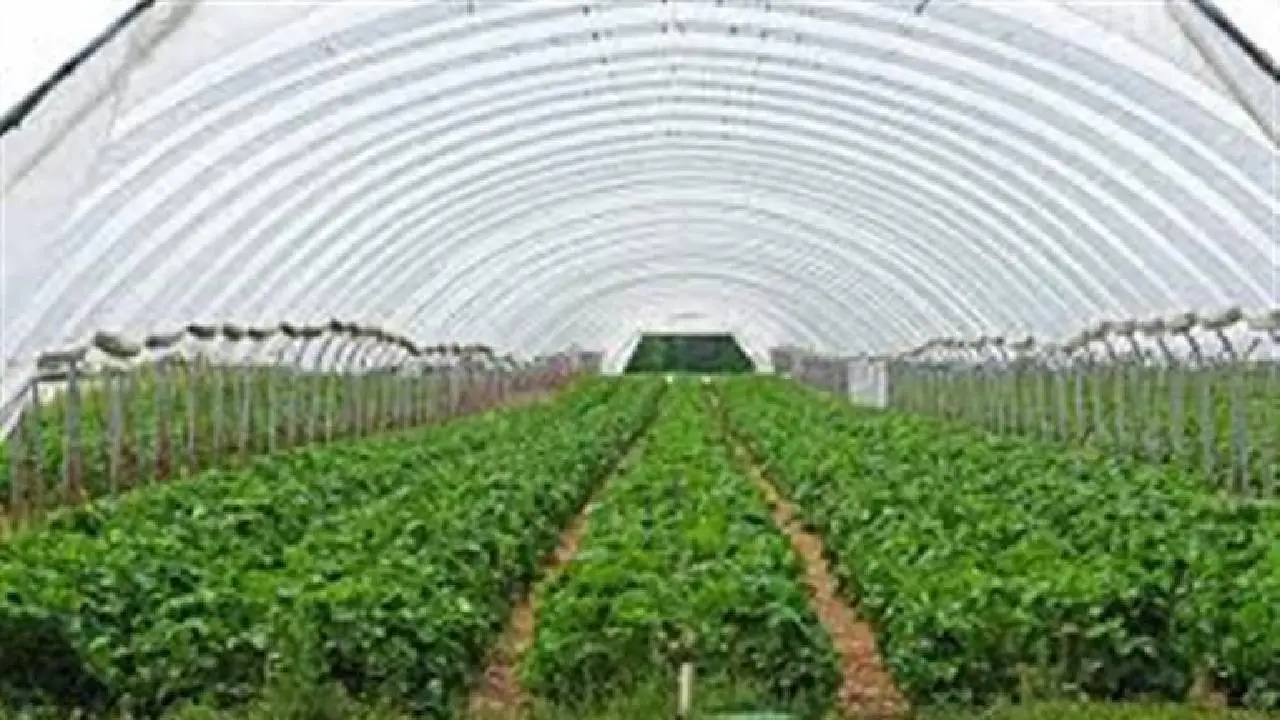
Punjab’s Youth ( )
Punjab News: Punjab is undergoing a silent revolution where educated youth are giving up corporate jobs to return to the soil. This change is not accidental but driven by farmer-centric policies under Chief Minister Bhagwant Mann. More than 1,200 young individuals have already adopted polyhouse farming, earning profits up to ₹14 lakh annually. By combining traditional wisdom with modern techniques, agriculture is now being viewed as a respectable and profitable career. For the first time in years, farming in Punjab looks like a golden opportunity instead of a burden.
Agriculture, once seen as a risky gamble, is now being transformed into a business model. Government subsidies of 50% on polyhouse structures have attracted graduates and professionals to invest in advanced cultivation. Farmers no longer rely on uncertain rainfall or traditional patterns; instead, they use scientific methods to boost production. This combination of security and innovation is pulling thousands of youngsters back to farming. Engineers, commerce graduates, and even IT professionals are now proudly calling themselves agri-businessmen.
The journey of Harbir Singh, an electrical engineer from Sarabha village, has become a source of inspiration. Instead of pursuing a multi-lakh corporate job, he chose farming with the support of Punjab’s Horticulture Department. Under the National Horticulture Mission, he received training and subsidies to set up polyhouses. Today, Harbir cultivates seedless cucumbers, coloured capsicum, muskmelons, and fenugreek. His earnings of ₹12-14 lakh annually show that modern farming is not only viable but also highly profitable for youth who dare to dream differently.
Punjab’s Horticulture Department has become the backbone of this revolution. Under Minister Mohinder Bhagat’s leadership, the department focuses on crop diversification and modern cultivation techniques. Director Shailender Kaur highlights that centres like the Kartarpur Centre of Excellence provide technical training and practical exposure. Farmers are taught how to set up climate-controlled systems and market their produce effectively. This integrated approach ensures that farmers are not left alone after subsidies-they are continuously guided to achieve sustained profits and long-term success.
Farmers stress that success is a mixture of determination and science. Harbir Singh recalls how he regularly contacted Horticulture officials for guidance whenever challenges appeared. Through modern irrigation, pest control, and protected environments, his crop yield improved sharply. Polyhouse farming protects crops from climate risks, giving steady harvests throughout the year. Farmers adopting these methods are seeing higher prices in markets, making agriculture competitive with corporate jobs. This balance of labor, technology, and government guidance is redefining rural prosperity.
For years, Punjab struggled as its youth migrated abroad in search of better opportunities. But now, the tide is shifting back home. With stable incomes and respectability returning to farming, many youngsters are building futures in their villages. Polyhouses dotting Punjab’s landscape symbolize this revival of pride in agriculture. The concept of ‘Rangla Punjab,’ a vibrant and prosperous land, is being rebuilt. Farming is no longer about survival; it is about ambition, success, and a dignified life.
Experts believe Punjab’s story could inspire the rest of India. With the right policies, training, and incentives, states can bring back youth to agriculture. Farmers are proving that agriculture, when modernized, can be as profitable as any urban career. The Mann government’s initiatives have created not just earnings but also confidence among the young generation. This farmer-led revolution in Punjab may become the template for India’s rural transformation, where farming is no longer left behind but moves forward as a business of the future.





Copyright © 2026 Top Indian News
